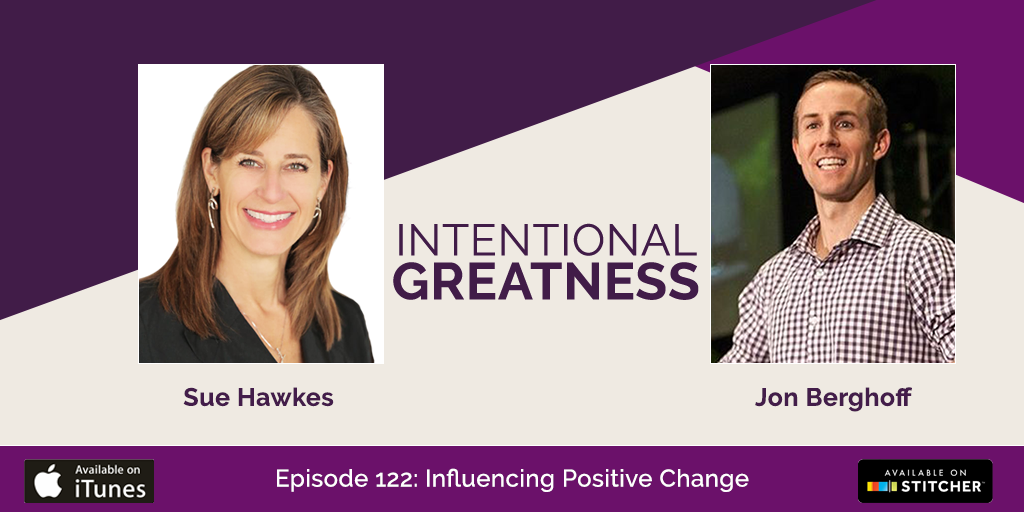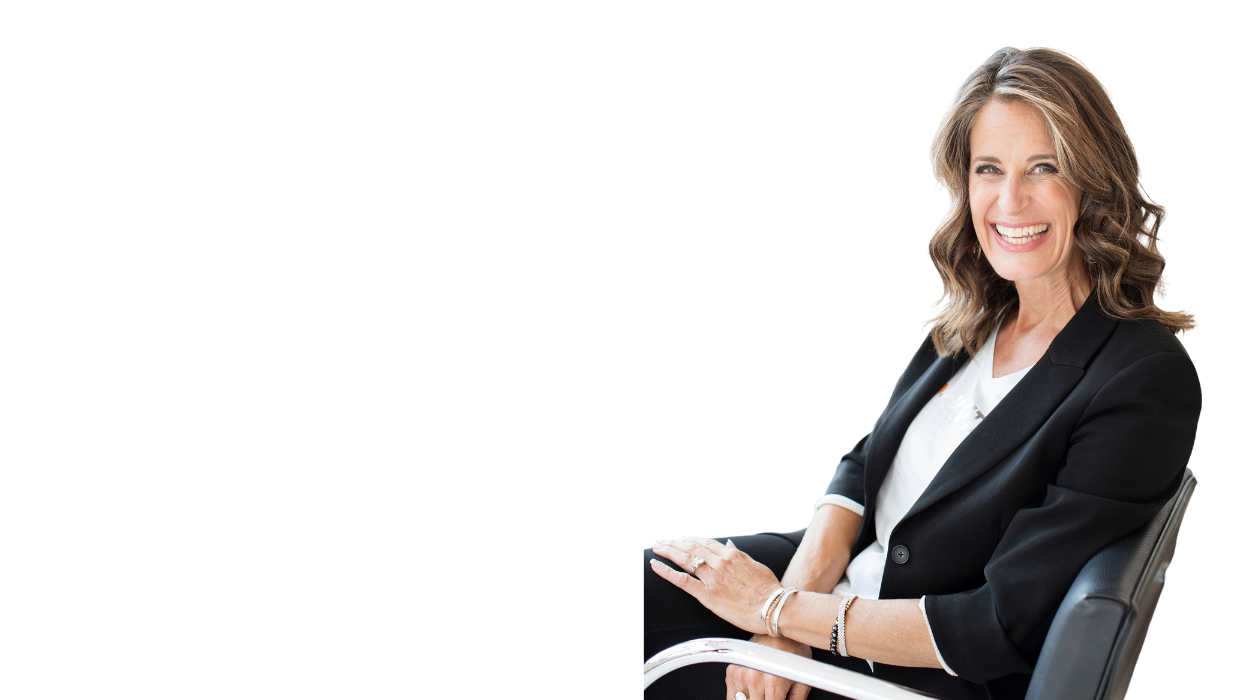Episode 122:
In this time of accelerated change and complexity, companies and communities need change agents to help unlock collective wisdom – and they need it NOW. This new breed of leaders, coaches, experts, and guides are the ones that know how to design human interactions that create psychological safety, accelerate widespread learning, and bring out whole new possibilities in teams and communities.
As the founder of the XCHANGE Approach, now used by hundreds of change agents globally, Jon Berghoff focuses on the art of question design, the science of engineering conversations, and the change that is possible at speed and scale using the XCHANGE Approach.
When COVID hit, industry-leading companies and communities utilized XCHANGE (all remote & digital) to solve unprecedented problems, reimagine a new future, and create new ways of working together. This explosion of demand for online facilitation has driven XCHANGE revenues up 40% above 2019.
As a former executive for Vitamix – where revenue grew by 400% in 4 years – and an adjunct teacher at Case Western Reserve University’s globally ranked Weatherhead School of Management, Jon’s refreshing approach combines scientific research and real experience for one of the most relevant conversations today.
What you’ll learn about in this episode:
- How to awaken conscious leadership inside of yourself
- Why the willingness to experiment and take risks is key to surviving ups and downs
- The four tenets of conscious capitalism
- How mindfulness is a specific tool to help you be less reactive
- Why it’s important to take a pause when you are under stress
- The three fundamental attention skills
- The three sensory modalities through which all of life is lived
- What sensory clarity is and how you can achieve it
- Why unified mindfulness is different than anything else
- What trauma really means, and how to be an empathetic witness
Resources:
- Join the free XCHANGE Awakening Conscious Leadership workshop. During this experiential workshop, you are going to find out how to move from a state of reactivity into one of creativity, discover the neuroscience-based frames for becoming more mindful, experience a process for becoming more aware, learn how to transform stress into an energy source to meet your greatest challenges. http://xchangeapproach.com/IGACL101
- Website: https://xchangeapproach.com/
- LinkedIn:
- Facebook: https://www.facebook.com/XChangeGuide/
Post-Pandemic Trauma
Jon Berghoff is the founder of the XCHANGE Approach. His company helps facilitate meaningful dialogue and change at an accelerated pace. Jon is a three-time guest on the Intentional Greatness podcast, and he is back again to share his wealth of knowledge on the practice of mindfulness. In this episode, Jon and Sue discuss trauma and what is happening in the world post-pandemic. Jon takes us on a tour of our senses and shares how this practice can help you become less reactive to stressful events.
Becoming Adaptive
Jon shared a great sentiment from an interview with the founders of Google saying, “what matters most to us is our evolutionary advantage. We talked about what that means over time. So it’s not our competitive advantage right now. It’s our ability to adapt to change our evolutionary advantage over time. That’s what matters most to us.” Jon continues on to describe the importance of being adaptive to stress, rather than reactive.
Sensory Tour
Jon takes us on a tour of our senses, by leading us to take note of what we see, feel, and hear without passing judgment on our thoughts or feelings. He explains what a pivotal tool mindfulness is to become less reactive. Jon also explains that the unique advantage of this specific practice is that you don’t need to do anything other than take note of your senses. Come on a sensory tour with us during this episode of the Intentional Greatness podcast.
Download Your FREE Chapter of Chasing perfection
Get the first chapter of Sue’s book, Chasing Perfection: Shatter The Illusion along with the companion toolkit, the Maximizing Success Journal!
Categories: Uncategorized


